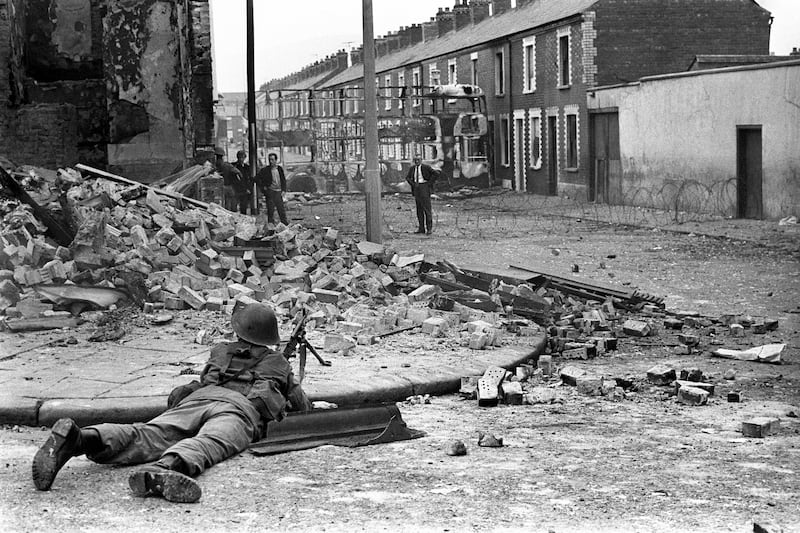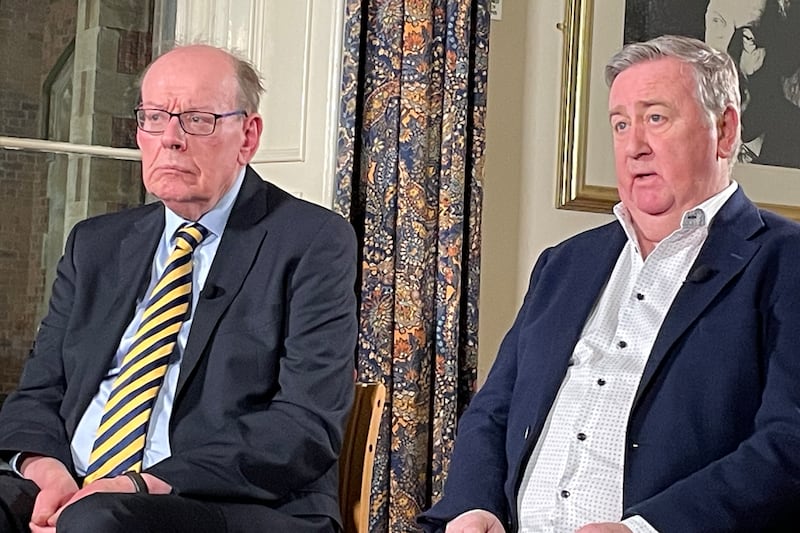THE spend local voucher scheme to boost high street trade hit by the covid pandemic should have been targeted towards businesses which were forced to close due to the pandemic, a study has suggested.
Aimed at boosting businesses affected by the Covid-19 lock-downs, the £136 million Northern Ireland Spend Local scheme allowed people aged over 18 in the north to apply for a £100 pre-paid card.
However, a study carried out by a team from QUB found the scheme should have been targeted towards businesses which were forced to close due to the pandemic.
Figures by the Northern Ireland Statistics and Research Agency (Nisra) found that one third of the high street vouchers were spent in businesses that did not have to close.
The research, which said supermarkets should have been excluded, also found that the scheme should have been designed to help pensioners and those on income support as those measures "would have had a greater economic effect".
In an article published in The Economics Observatory, Professor John Turner and Dr David Jordan said: "Given the high proportion spent in supermarkets, it is very likely that a substantial proportion of extra expenditure by consumers leaked out of the local economy".
The team also criticised the "poor timing" of the initiative, suggesting it should have operated from late August to October, months which have lower retail footfall.
It found the busiest month for transactions on the pre-paid cards was November, a month when retail spending is traditionally high before Christmas.
They suggested these factors meant an increase in spending in Northern Ireland was "much lower than was originally intended or would have been hoped for".
"A post-scheme evaluation needs to happen to determine whether this policy experimentation was cost-effective and worth repeating," the assessment concluded.
Meanwhile, the Department of Health yesterday reported two Covid-19 linked deaths in Northern Ireland.
These bring the total number of deaths so far to 3,423.
In addition, there were 281 positive cases of the virus in the last 24 hours.
The highest number of new cases were reported in the Belfast area, where there were 47. This was followed by 40 in Armagh, Banbridge and Craigavon and 30 in Newry, Mourne and Down.
Yesterday morning, there were 284 Covid-positive patients in hospital, one of whom was in intensive care and ventilated.
Hospitals in Northern Ireland were last 142 beds over capacity ,while 236 people are awaiting admission.
There were also 82 confirmed outbreaks in care homes.








